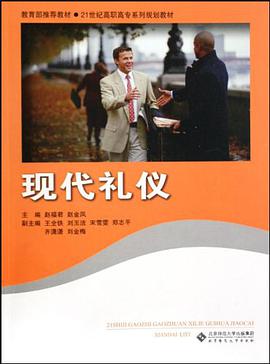

具体描述
Despite the spooky title and cover art, this is not a collection of Gothic ghost stories or fireside tales. These accounts of pre-modern beliefs (spanning the late Middle Ages to the late 17th century) employ serious scholarship. Oldridge contends that examining the so-called "strange" beliefs of the past can help us achieve a richer understanding of history. "If we can begin to understand why a French judge warned people about demonically possessed apples in 1602," he writes, "we might start to unravel the intellectual context in which he lived." But more importantly, Oldridge hopes that grasping the context of these beliefs will encourage readers to take a critical look at their own preconceived ideas. If the book suffers from anything, it is an intellectual earnestness and over-seriousness most evident in Oldridge’s constant insistence that the majority of the people he writes about were acting with "good intentions." For example, in a chapter on the rationale behind the execution of heretics in Medieval times, Oldridge notes that "the pious desire to retrieve souls from damnation could, of course, conceal more worldly motives for suppressing dissent, but it would be unduly cynical to assume this was normally the case." In moments like this, it seems that Oldridge’s single-minded adherence to his thesis—that "bizarre" past behavior and beliefs are entirely rational when taken in context—blinds him to the instances when people may very well have had impure motivations. That said, this is still a fascinating historical study that encourages self-reflection.
作者简介
目录信息
读后感
评分
评分
评分
评分
用户评价
相关图书
本站所有内容均为互联网搜索引擎提供的公开搜索信息,本站不存储任何数据与内容,任何内容与数据均与本站无关,如有需要请联系相关搜索引擎包括但不限于百度,google,bing,sogou 等
© 2026 book.wenda123.org All Rights Reserved. 图书目录大全 版权所有




















